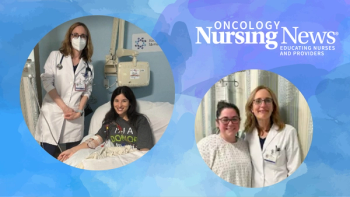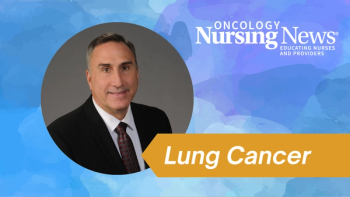
Katie Couric's Message to Her Younger Self: On Cancer and Kindness
Don't waste time being upset, and don't try to shield loved ones from their diagnosis.
Broadcast journalist Katie Couric was 41 when her husband, Jay Monahan, was diagnosed with cancer. If she could go back and give a message to her younger self, it would be to cherish every moment, and not waste time arguing or being upset.
"If I had known that I would only have Jay until I was 42 years old, I think it would have woken me up about the importance of being kind and giving," she said.
Also, Couric would not have protected her husband so much from the truth of how devastating his diagnosis was. She said that it is important to have conversations that balance hope and optimism with realism.
TRANSCRIPTION
If I could say something to my younger self, when Jay was diagnosed and I was 41, I might even go back a few years and tell myself to really cherish every moment. We waste so much time sort of not being on the same page, or arguing, or not loving each other enough, or getting in a huff and it's just such a waste of time to not make up and enjoy each other. Of course you can't get along swimmingly 24/7, but I think I would have said don't waste any time being mad or getting put off, just all those times were I felt like maybe I was not generous enough with my love and if I had known that I'd only have Jay until he was 42 years old I think it would have woken me up to the importance of being kind and giving. I wasn't a terrible wife, but I think it just brings into sharp focus a lot of time is just wasted over nonsense.
I think in terms of telling my younger self when Jay was diagnosed, I don't know. I think I would have not protected him so much from the truth. I was afraid for him to find out how devastating his diagnosis was and I'm just wondering if that was really my place. So I think I would have said, you have to be honest or not try to shield him from the truth and you have to have conversations that balance hope and optimism with realism, and I wish I just had conversations with him about the fact that he might not be here. But that's something we couldn't do for some reason, it was just too hard, too painful, and too scary.
Newsletter
Knowledge is power. Don’t miss the most recent breakthroughs in cancer care.
























































































